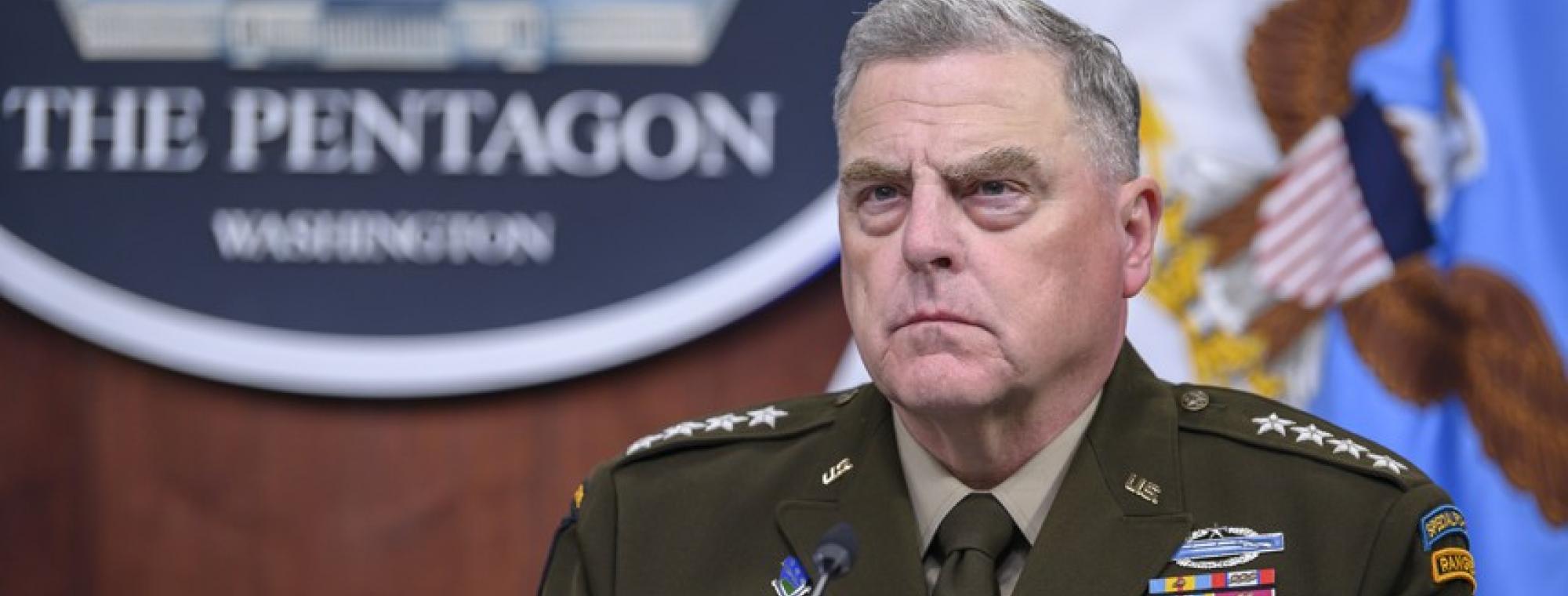Originally published in Defense One [1].
Just after the January 6 attack on the U.S. Capitol, Gen. Mark Milley faced an impossible choice: should he allow President Trump to retain sole authority to start nuclear war, or should he intervene to block such an order?
Convinced that Trump had suffered “serious mental decline in the aftermath of the election,” Gen. Milley decided to intervene, ordering his staff to come to him if they received a strike order from the president.
"No matter what you are told, you do the procedure. You do the process. And I'm part of that procedure," Milley told the officers, according to Peril, a new book by journalist Bob Woodward and Robert Costa. “You never know what a president's trigger point is.”
But Gen. Milley—though chairman of the Joint Chiefs of Staff and the president’s chief military advisor—is not formally part of that procedure. As former Defense Secretary Bill Perry and I explore in our book The Button, policy established during the Cold War puts decisions about the use of nuclear weapons are solely in the hands of the civilian president, not Congress and above all not the military. All the president needs to do is call the Pentagon’s War Room—using the nuclear “football” or some other means—then identify himself and give the order to launch. The president may choose to consult with senior advisors such as Gen. Milley but is not required to.
If the Woodward-Costa report is accurate, therefore, Gen. Milley was breaking the rules and his actions were likely illegal and unconstitutional. (His spokesperson has said that the general “continues to act and advise within his authority in the lawful tradition of civilian control of the military and his oath to the Constitution.”) And his efforts might not have worked anyway, since his staff could still have chosen to honor the president’s orders over the general’s.
Even so, it was the right thing to do. Should Gen. Milley have let a clearly unstable president start nuclear war just to follow protocol? Of course not.
